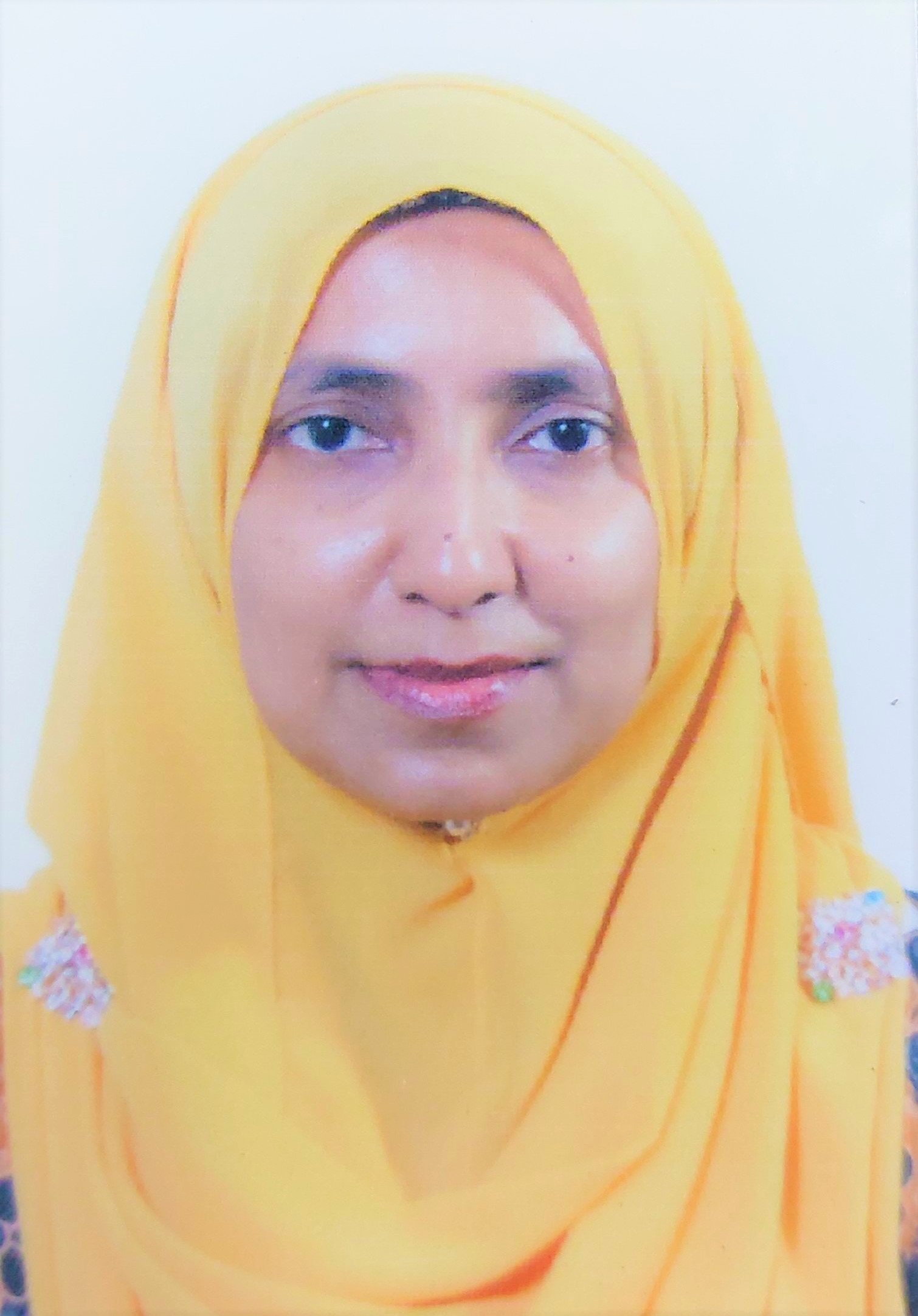
Associate Professor FAUZIAH BINTI SHAHUL HAMID
Institute of Biological Sciences, Faculty of Science, Universiti Malaya, Malaysia
Title: PERVASIVE THREATS: THE ECOTOXICOLOGY OF PLASTICS AND MICROPLASTICS FROM LAND TO SEA
Abstract:
Once regarded as a minor environmental concern, plastic pollution has escalated into one of the most pervasive and urgent environmental threats of the 21st century, with profound implications for both terrestrial and aquatic ecosystems. An estimated 8 million metric tons of plastic enter the world’s oceans each year, contributing to a global crisis that impacts biodiversity, ecosystem health, and human well-being. As plastics degrade into smaller particles, they form microplastics (particles <5 mm), which have been detected in every major marine and freshwater system. Recent studies indicate that over 90% of surface water samples from remote oceanic regions contain microplastic debris, while terrestrial environments—from agricultural soils to urban landscapes—are also increasingly contaminated. The ecotoxicology of plastics and microplastics is a growing concern due to their potential to leach toxic additives such as phthalates, heavy metals, and persistent organic pollutants (POPs). These chemicals, when released into ecosystems, pose significant risks to organisms across the food chain. Laboratory studies have shown that microplastics can reduce reproductive success in marine organisms by up to 40%, while exposure to plastics has been linked to altered feeding behavior, reduced growth rates, and increased mortality in a variety of species. Moreover, microplastics are now recognized as vectors for the transport of invasive species and pathogens, further exacerbating the ecological consequences. This review paper will explore the emerging science of plastic and microplastic ecotoxicology, highlighting key findings from global studies and addressing the potential impacts on food security, human health, and environmental sustainability. Additionally, innovative strategies for mitigating the environmental impacts of plastic pollution—including the role of policy, technology, and public awareness—will be discussed. By examining scientific advancements, meaningful change in the battle against plastic contamination will be derived, with a particular focus on both preventative and remedial approaches.
Biography:
Dr Fauziah has been researching on the waste management area for more than 15 years, focussing on the municipal solid waste management. Her current research interest covers the investigation on marine debris and microplastics. Her bioremediation work on microplastics degradation is among the earliest published research, utilizing the indigenous microbes isolated from mangrove ecosystem. She has published her work in reputable journals and proceedings. She also has presented in various international conferences and seminars. Her expertise in waste management has also being acknowledged by the Ministry of Housing and Local Government, Malaysia, with the appointment as Technical Advisor for the National Department of Solid Waste Management. She also has organized ISWA Summer School focusing on waste management, in 2013 and 2015. Her PhD research on “Comprehensive Studies on Municipal Solid Waste Management in Selangor, Malaysia”, has been referred to as one of the earlier comprehensive research on municipal solid waste management sector. She joins the Universiti Malaya in 2007, as Lecturer. She was then promoted to Senior Lecturer in 2013, and Associate Professor in 2018. She lectures on Waste Management, Hazardous Waste Technologies and Management, Environmental Ethics, Policy and Law, and Green Technology and Pollution Prevention. She is also involved in the E-learning program between Kyoto University, Tsinghua University and Universiti Malaya. Currently, she heads the Center for Research in Waste Management in Universiti Malaya and has been consulted by various agencies including the Department of Fisheries under the Ministry of Agriculture, Malaysia. She and her team have published the Technical Report on Abundance and Distribution of Marine Litter in Marine Park Islands in Malaysia, as the guideline for the management of waste in Malaysian Marine Parks.
She was awarded with Talented Young Scientist Programme in 2018, by Ministry of Science and Technology, PR China, and she has been collaborating with several universities in China. Aside from Chinese collaborators, Dr Fauziah also has been collaborating research on waste management with counterparts from the UK, Denmark, Brazil, Spain, France, Thailand, Indonesia, Singapore, and Japan.